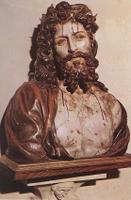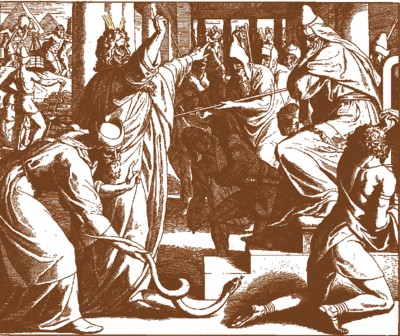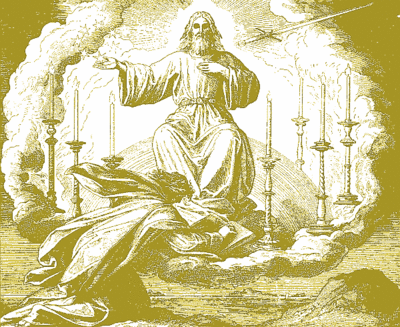Unaltered Augsburg Confession
Q: What do the letters “UAC” on the cornerstone of my church mean?
A: U. A. C. stands for “Unaltered Augsburg Confession.” Written in 1530 as a concise statement of belief of the Evangelicals (Gospel people) led by Martin Luther, the Augsburg Confession separated Evangelical (Lutheran) theology from Roman Catholicism. Its theology also divided the Lutherans from other reformers’ teachings — including those of John Calvin — and from heresies condemned by the Church in bygone days. The confession was written by Philipp Melanchthon (with much input from Luther) and signed by various noblemen and city councils. These German secular leaders (not religious spokesmen) presented it to Emperor Charles V on 25 June 1530 as their own confession of faith. It was later incorporated into Concordia, the Lutheran Book of Concord. To this day, even many non-Lutherans herald it as a blow for religious freedom.
“Unaltered” separates the original from any later variation, especially Melanchthon’s Variata of 1540. These later rewrites, by Melanchthon and others, were done to make sections of the confession more palatable to other reformers who disagreed on certain points of doctrine. Thus, while the Lutherans and the Calvinists held significant differences in teaching, John Calvin himself was able to sign the Variata in good conscience.
UAC on a cornerstone means that a particular congregation has declared that the original document is a true exposition of Holy Scripture and that any Variata is incorrect or imprecise and to be rejected. In the U. S., you’ll see UAC especially on churches that grew out of the Lutheran confessional movement of the mid-1800s, including many who left Germany to avoid a government-imposed union with Protestant churches. It was (and remains) a sign of refusal to compromise Scripture and our confession of faith.
Because Melanchthon and like-minded conciliatory theologians made flexible what most of the original signers deemed a solid and unchanging confession, confusion grew as to whom should be considered a Lutheran. This became one of the strong influences upon later Lutheran theologians to draft the Formula of Concord and join it with previous foundational documents — including the UAC — in the Book of Concord.
Addendum: For more on the history of this seminal Lutheran document, please see a later post, The Presentation of the Augsburg Confession.
Send email to Ask the Pastor.
Walter Snyder is the pastor of Holy Cross Lutheran Church, Emma, Missouri and coauthor of the book What Do Lutherans Believe.





